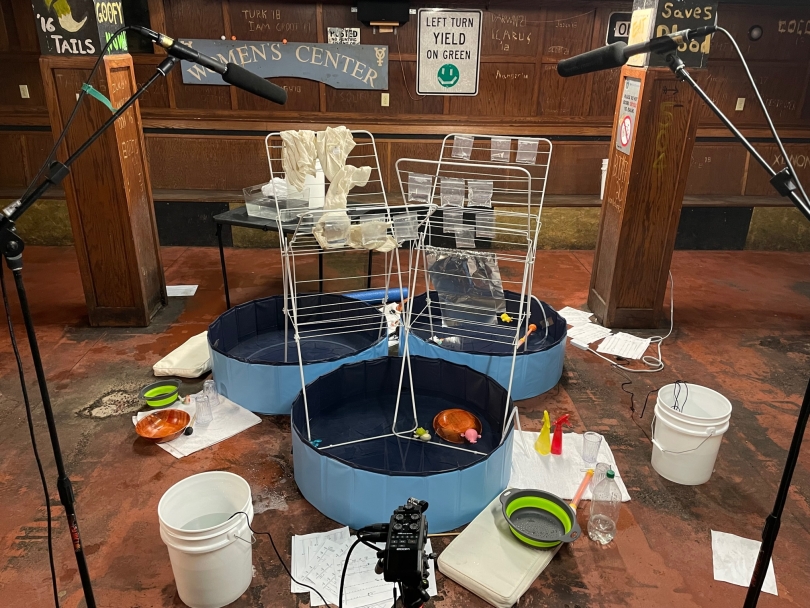
Research Funding for all Interests
Dartmouth often engages with its wide range of quirky, loveable characteristics, making it so unique. Take some time on this website. You will find hundreds of stories about why Dartmouth students love the sense of community, the gorgeous scenery of the Upper Valley, the adventuresome spirit nestled within the Dartmouth experience, and so much more. However, in this blog post, I plan to give insight into how I have taken advantage of the research opportunities within my own academic discipline at Dartmouth.
Throughout my time as a student, I constantly hear about the fantastic opportunities my friends have had with professors working on computer science projects, physics research, and even publishing papers in various fields. Dartmouth's focus on its undergraduate population means that research opportunities are also available for undergraduates. However, I have always wondered how creative disciplines engage with research or project grants. I started looking into research after I started to learn more about musical grant writing. After advice from my professors and applying, I was nominated as an Erich Kunzel Class of 1957 award recipient. In the Winter term of 2024, I composed and performed an hour-long, avant-garde concert as the culmination of the grant award.

This project primarily investigated the sounds of water that occupy our everyday lives in order to reorganize them into a 25-minute percussion trio where performers make sounds with water. Through examining the banality of everyday life and researching indigenous water music making, I discovered sonic qualities of specific water-adjacent sounds that allowed them to be organized into several categories. In addition, this process taught me how anti-normative, long-form working processes led to great deals of creative freedom, like my handwritten musical score. Now, I am using that piece, which I recorded, to submit to music competitions across the United States and Europe.
Nonetheless, my project is just one example of hundreds of Dartmouth's creative research grant proposals. There are grants given out within every single department here: the theater department to write new scripts, the film department to produce short films and documentaries, studio art to create installations, etc. I am beyond grateful for the opportunity to create whatever I wish with the Dartmouth music Department with incredibly close guidance by amazing faculty.














